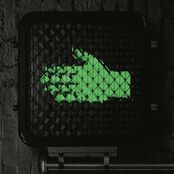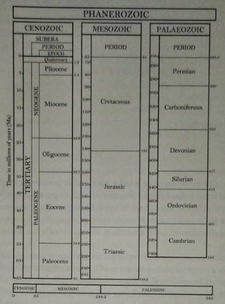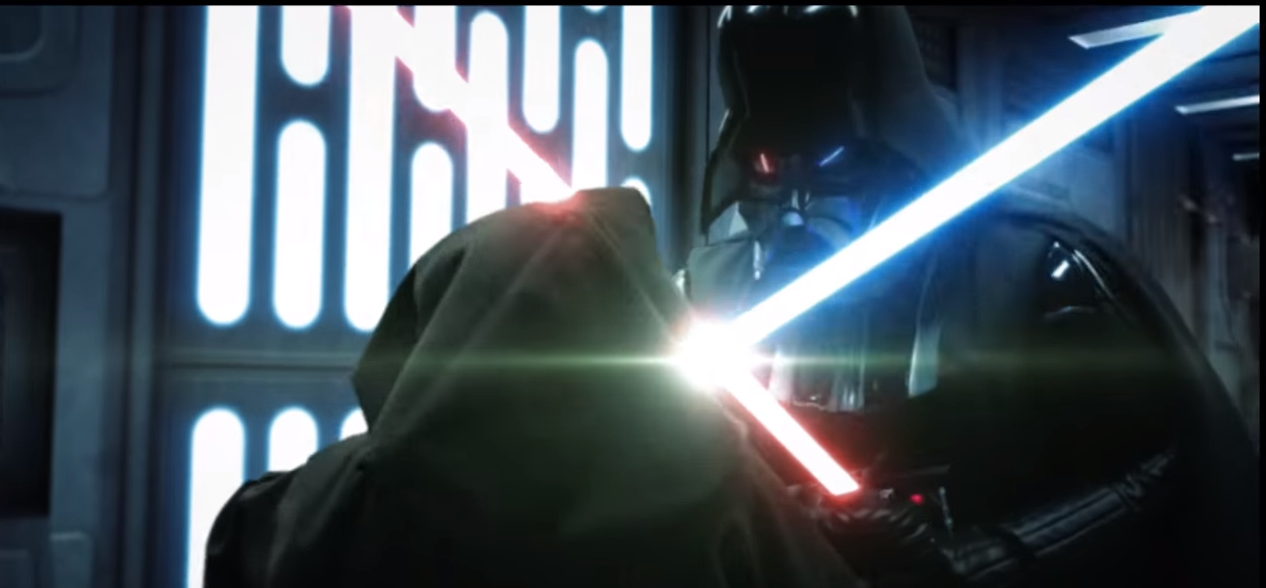|
Hello from 53.5° north latitude as I sit in my basement on a 20°C day. Many times I feel that being outdoors is essential, and absolutely needed. Other days, like today, I'm happy to be in front of my monitor listening to the new album by The Raconteurs on Tidal. But I am getting ahead of myself. MH370: There have been several disasters in my lifetime that were so significant to have singular names: 9/11 of course; Challenger; Columbia, Air India, Columbine. MH370, the lost Malaysia Airlines flight that disappeared in March, 2014 is also on that list. As that mystery unfolded, I was stunned by how little I knew about that part of the world. For example, that India was totally north of the equator, and just how unimaginably vast the Indian Ocean is. Reading the article on MH370 released on The Atlantic this week brought back a lot of those thoughts. No wonder authorities didn't know where to look. And no wonder they didn't find any debris for years. But I also had little appreciation for the level of cover-up and incompetence on the investigation. Bitchy flight attendants and extra charges for checking luggage on North American domestic carriers don't seem so bad all of a sudden. Getting back to MH370, the article supports the theory that the senior pilot acted alone and killed all souls on board with apparent ease before plunging the aircraft into the ocean. The fact that a single actor, a trusted actor at that, could doom all of those people is frightening and it is easy to see how calls might be made for computer overrides or remote interactions. However, thinking about the computerized corrections made on the flight trajectory on the Boeing 737 Max aircraft quickly highlights how reliance on a single control is not feasible. Checks and balances are important. If the pilot was depressed and was harboring suicidal thoughts, the checks and balances in the system needed to identify the risk and get the pilot help before being allowed to fly again. But it appears that the system was flawed, and the culture in Malaysia Airlines and the Malaysian government stifles any willingness or ability to learn from that mistake to prevent future similar disasters. The article is a long read, but it worth the time. More on Capitalism: The reading pile has contained much on capitalism lately. To be more accurate, the general thesis seems to be that capitalism can and could be a force for good across the world, but that neoliberalism is a failed idea that needs to be replaced. Click on "capitalism" in the Categories section of this blog for the full reading list. The most recent read on this theme was "The Future of Capitalism" by Paul Collier. Keeping with the idea that neoliberalism was flawed, Collier highlighted point solutions that have had limited or local success. I suppose these were ideas that the reader was supposed to derive inspiration from. However, the book was not particularly giving of solutions, and certainly didn't provide a blueprint for going forward and these point solutions were not presented as an actionable whole. The book did have merit though. One idea that really struck with me were the two scenarios to describe the concept of agglomeration (see definition below). Collier provided two thought experiments - one in which the people in a metropolis have different skills and different needs for housing, and a second where there is a metropolis that needs to rule of law. The punchline is that in both cases there are people that are wholly convinced they uniquely deserve their status and wealth. However, Collier's argument is that everyone, including the most productive, benefit greatly from agglomeration, i.e. the benefits of the critical mass provided to the whole. This might be the largest scale dismantling of the self-made man fallacy. Collier also proposed that shared reciprocity is the key to a civilized world. We do not need Economic Man, Collier posits, but a form of maternal concern for others. Specifically, he says "shared identity becomes the foundation for farsighted reciprocity". There are of course detractors and opposition. A quick search shows this article that calls Collier's ideas as "wrong" and "perplexing" and calls for more capitalism and even less of a role for the state in the market, and that there is a "false promise" of centrism. There are that many voices in the business community that act as a powerful lobby to demand unfettered access to the market. Collier tried to show how some state intervention is good and necessary. This is not the nanny state paternalism we have today, but again the maternal intervention borne out of a common desire to see everyone get the help they need. Collier's book wasn't great; in fact, it was a fairly tedious read. I do think though that it was an important read, and coupled with voices such as Ray Dalio who commented on the need to reform capitalism on 60 Minutes, and Bill Gates who recommended Collier's book on his Summer 2019 Reading list, it will be interesting to see if the voices promoting something other than raw capitalism will gain any momentum with their ideas. (3.0 / 5) Speaking of capitalism ... One of the books I read this week was actually one I started in 2007. How do I know that? Well, I was using the receipt for the book as a bookmark. Simon Winchester's "A Crack in the Edge of the World" was a great read on the 1906 Earthquake in San Francisco. Or maybe more appropriately, the 1906 San Francisco Fire, which some people in the day were trying to promote as the true menace. This was an attempt to tell the world that San Francisco would be fine in the future, because the devastation was due to human carelessness and poor planning which caused the fire to spread so far and fast. This was a direct attempt to make the earthquake - the natural and completely unknowable element - a minor triviality. If the earthquake was only a minor element in the destruction of San Francisco, that meant that people could plan for fire fighting and building codes and quality construction, and voilà, money and people would continue to flow into the great city. What does this have to do with capitalism? As fate would have it, there was a presentation for a grand urban plan prepared and presented to San Francisco City Council literally the day before the earthquake. The plan called for fountains, and parks, and places to live and meet. As San Francisco regrouped and turned its focus on rebuilding, the businessmen, who were quite literally called the Downtown Business Men's Association, decried the plan, calling for "business" and not "parks and boulevards" to spark the city's rebirth. Who needs niceties and places for leisure? Business is all we need! Et cetera. This was a good enough book to keep it in the personal library. 4.5 / 5 As an added bonus, the book had a great graphic outlining the various geological eras in the last 545 million years. Reading Pile: I finished three other books in this last week. The first was "Infinite Detail" by Tim Maughan. This was a book about the end of the Internet era as we know it and what comes after. I really enjoyed this story, and was particularly impressed by how Maughan weaved between the Before and After story lines, and then how he ultimately brought them together. I think this is one of those books that are worth re-reading. 4.0 / 5 The next book finished this week was the third book in Terry Pratchett's Discworld series, "Equal Rites". This was an enjoyable and easy read, but wasn't quite as enjoyable for me as the first two in the series. Maybe that was because Luggage didn't make an appearance in this book. (3.0 / 5) The other "book" I read this week was "The Butcher of Anderson Station", the first short story of the Expanse series. Good stuff. Really short. It provided some nice background of who Fred Anderson is and how he came to the OPA. Really short stories like this are hard to rate, as their re-readability is pretty limited, but let's give it a 4.0 / 5. Total for the year is now 27 books, which for the first time in my life brings my forecast for the year to be over 50. That would be quite an accomplishment. Let's see how the rest of the year goes and if I can keep up the pace. The best Star Wars movie ever: Darth Vader always had the potential to be the scariest villain of all time. However, he seems more frustrated and conflicted than truly evil in the movies. That is absolutely not the case in the recently released unofficial short scene of the battle between Vader and Obi-Wan. The hatred and evil from Vader is palpable, and his power with the force makes the entire concept of Vader to be truly terrifying.  New music: In the intro, I mentioned the new album by The Raconteurs called "Help Us Stranger". This is a pretty good album, with the sort-of title track "Help Me Stranger" being quite awesome. I've listened to it a few times and I think it will grow on me. New beers: Big week for beer with four new brews this week. Well, technically three new with the fourth actually imbibed last Sunday after last week's post was posted. The beer from last week was the Volfas Engelman Premium Pilsner out of Lithuania. I quite enjoyed this one. (3.75 / 5) Then I had two beers from Banded Peak out of Calgary. The Mt. Crushmore pilsner was pretty good, but not as good as the pilsner from Volfas Engelman. (3.25 / 5). Their Plainsbreaker Hopped Wheat Ale was much better and was one of my favorite beers in the last few months. (4.0 / 5) Last on the list was the Lazy Days sour from Alley Kat. This one was made with passionfruit so it was somewhat sweet as well as quite sour. Good stuff again from Alley Kat. (3.75 / 5) A noteworthy stat from Untappd is the achievement I received for hitting Level 5 on Beer Connoiseur, meaning that I have logged in beers from 25 different countries. That means there are still have 171 countries that I have not had a beer from. It's good to have goals. New words:
Lots of reading this week, and therefore lots of new words. be·guine [bəˈɡēn] NOUN
ag·glom·er·a·tion [əˌɡläməˈrāSH(ə)n] NOUN
sa·lu·bri·ous [səˈlo͞obrēəs] ADJECTIVE
po·et·as·ter [ˈpōəˌtastər] NOUN
se·mi·ot·ics [ˌsemēˈädiks] NOUN
ful·some [ˈfo͝olsəm] ADJECTIVE
syn·co·pate [ˈsiNGkəˌpāt] VERB
cor·us·cate [ˈkôrəˌskāt, ˈkärəˌskāt] VERB literary
in·cu·nab·u·lum [ˌinkyəˈnabyələm] NOUN
de·port·ment [dəˈpôrtmənt] NOUN
a·poth·e·o·sis [əˌpäTHēˈōsəs] NOUN
an·o·dyne [ˈanəˌdīn] ADJECTIVE
pse·phol·o·gy [sēˈfäləjē] NOUN
e·lide [ēˈlīd] VERB
ma·ter [ˈmādər] NOUN BRITISH, informal, dated
pro·bi·ty [ˈprōbədē] NOUN formal
0 Comments
Your comment will be posted after it is approved.
Leave a Reply. |
Archives
April 2022
Categories
All
|






 RSS Feed
RSS Feed
